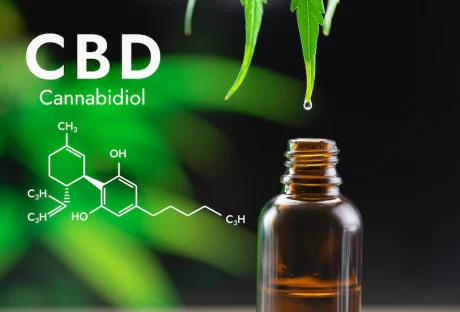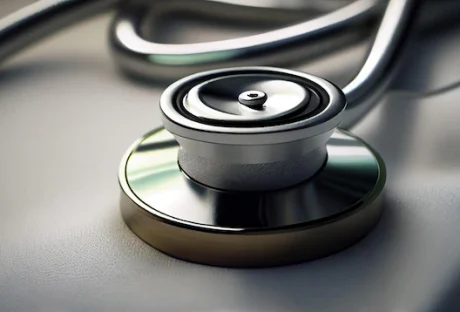Alzheimer’s disease, a progressive neurodegenerative disorder, is notorious for its impact on memory and cognitive functions. As the population ages, the prevalence of Alzheimer’s is expected to rise, making its early detection and treatment increasingly important.
This article delves into the critical benefits of early intervention in Alzheimer’s disease, emphasizing how early diagnosis and management can significantly improve the quality of life for those affected and their caregivers.
Early Detection: A Pathway to Better Outcomes
Early detection of Alzheimer’s disease is pivotal for several reasons. Firstly, it allows for a more accurate diagnosis, distinguishing Alzheimer’s from other forms of dementia and conditions with similar symptoms. Timely diagnosis is crucial for planning and managing the disease effectively. The Alzheimer’s Association, alzinfo.org, offers comprehensive resources and support to individuals and families navigating an Alzheimer’s diagnosis, emphasizing the importance of early detection.
Furthermore, early detection opens the door to treatment options that can slow the progression of the disease. While there is currently no cure for Alzheimer’s, certain medications and therapies are more effective when administered early in the disease’s course. These treatments can help manage symptoms, improve quality of life, and prolong independence.
The Role of Lifestyle and Support Systems
Upon early detection, individuals can also make lifestyle changes that may help slow the progression of Alzheimer’s. Regular physical activity, a healthy diet, cognitive stimulation, and social engagement have been shown to have positive effects on brain health. Early intervention allows individuals more time to adopt these beneficial habits.
Moreover, early diagnosis provides an opportunity for patients and their families to build robust support systems. This includes connecting with healthcare professionals, joining support groups, and planning for future care needs. Early involvement in such networks can greatly reduce the emotional and financial strain often associated with later stages of the disease.
Advancements in Research and Treatment Options
The early detection of Alzheimer’s is also crucial for research. Participants in the early stages of the disease are invaluable for clinical trials, helping scientists to understand the disease better and develop new treatments. This research not only benefits current patients but also has the potential to impact future generations.
In addition, early diagnosis allows healthcare providers to prescribe the most up-to-date treatments. As research progresses, new medications and therapies become available, offering hope and improved outcomes for those diagnosed in the early stages of Alzheimer’s.
Planning for the Future with Early Detection
An early diagnosis of Alzheimer’s disease enables individuals and their families to plan for the future. This includes legal and financial planning, discussing care preferences, and making arrangements for long-term care if needed. These preparations can be less overwhelming when done early, providing peace of mind for everyone involved.
This planning also allows for more meaningful engagement with loved ones. With an early diagnosis, families have more time to create lasting memories, communicate openly about the illness, and cherish their time together.
Embracing a Life with Dignity
Ultimately, the early detection and treatment of Alzheimer’s disease are about preserving dignity and quality of life. With early intervention, individuals can maintain their independence for longer and engage in activities that bring them joy and fulfillment. It also provides a valuable opportunity for loved ones to understand the disease better and learn how to provide the most effective support.
In conclusion, the benefits of early detection and treatment of Alzheimer’s disease cannot be overstated. It paves the way for better management of symptoms, slows disease progression, and allows for more meaningful engagement in life’s activities. As we continue to understand Alzheimer’s better, the importance of early intervention becomes ever clearer. It offers a beacon of hope, guiding patients and their families toward a path of empowerment and resilience in the face of this challenging disease.
Read Also:























